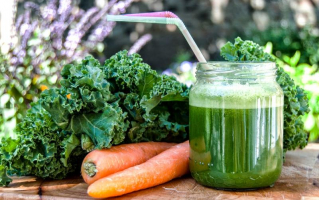Top 6 Health Benefits of Blackstrap Molasses
A by-product of sugar manufacture from sugarcane is molasses. It is a viscous, black liquid that is rich in sugarcane plant nutrients. Boiling sugarcane juice ... read more...causes the sugar to crystallize, which is then removed by filtration. The remaining liquid is known as molasses. Particularly blackstrap molasses has several health advantages in addition to its rich, nuanced flavor. Read on for more information.
-
Blackstrap molasses is a nutrient-rich sugar byproduct. Just 1 tablespoon (15 mL) provides:
- Calories: 60
- Carbs: 14 grams
- Sugar: 10 grams
- Protein: 1 gram
- Fat: 0 grams
- Iron: 20% of the Daily Value (DV)
- Calcium: 10% of the DV
- Magnesium: 10% of the DV
- Potassium: 9% of the DV
- Vitamin B6: 8% of the DV
Blackstrap molasses is mostly made up of sugar. In contrast to refined sugar, which has little nutritional value, blackstrap molasses is high in iron, calcium, magnesium, potassium, and phosphorus. In fact, blackstrap molasses has more iron than eggs, more calcium than milk, and more potassium than any other meal, ounce for ounce. Furthermore, it contains 18 amino acids.
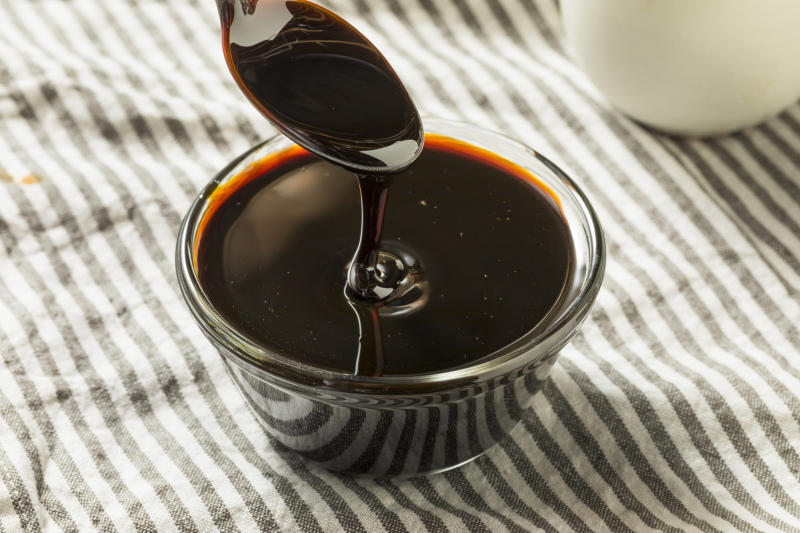
More nutritious than refined sugar 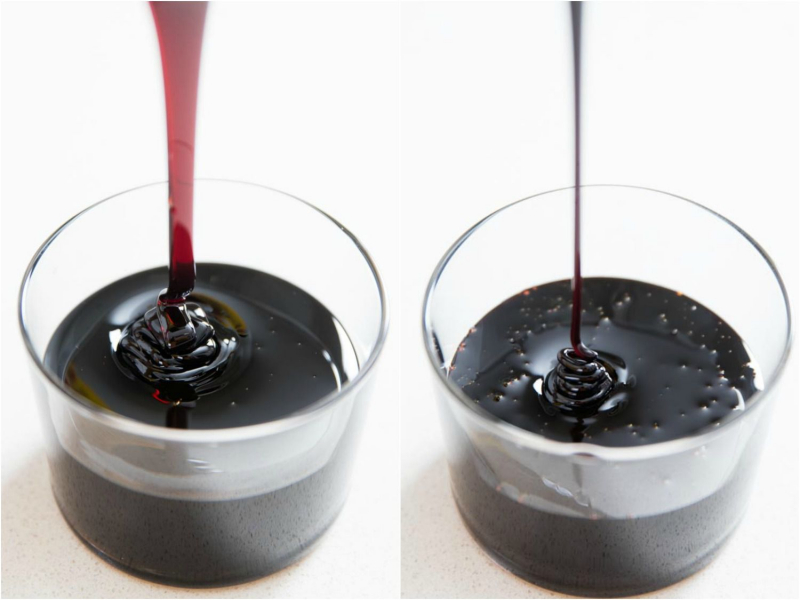
More nutritious than refined sugar -
Blackstrap molasses is plant-based iron-rich food. As a result, it's frequently used as a supplement to treat iron deficiency anemia, a disorder caused by iron malabsorption or a lack of iron in the diet. It contains 2-3.5 times the iron of light and dark molasses, which are made after the first and second boilings of molasses, respectively. Furthermore, despite the fact that blackstrap molasses contains plant-based iron, which your body does not absorb as effectively as iron from meat, its iron bioavailability is approximately 85%, which is considered high.
The proportion of a nutrient that can enter your circulation and have an active impact is represented by its bioavailability. Blackstrap molasses is frequently advised in conjunction with other plant-based iron sources, such as leafy greens, soy products, and legumes.
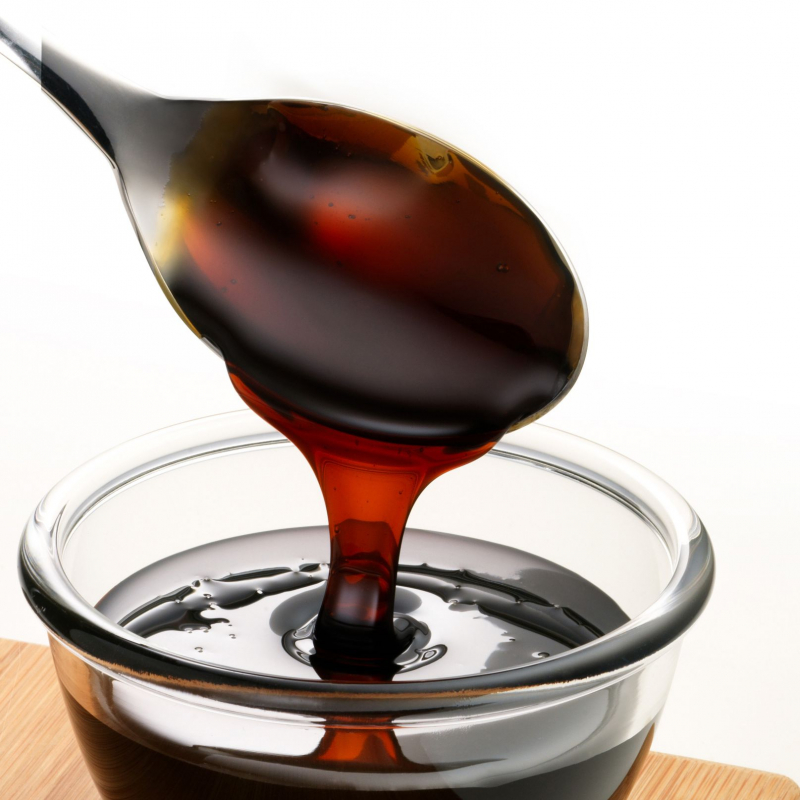
May help prevent anemia 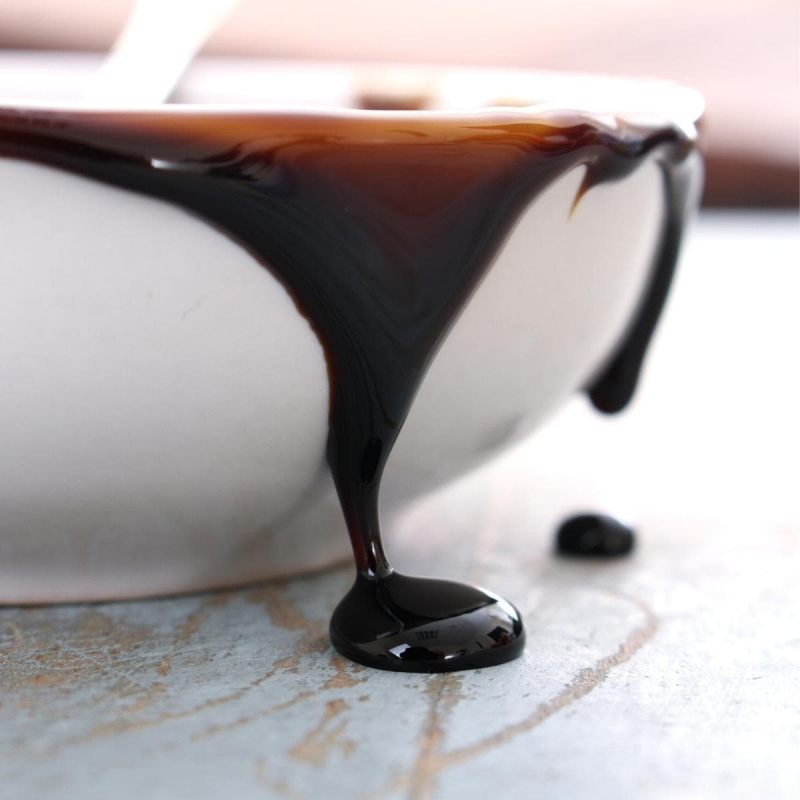
May help prevent anemia -
Blackstrap molasses may be useful as a natural cure for constipation in children. Constipation is characterized by difficulties passing feces. This is a critical concern for the health of children. Consuming 0.5 mL of blackstrap molasses per pound (1 mL per kg) of body weight daily for a month may increase defecation frequency and lessen abdominal discomfort in children with constipation.
Polysaccharides, a kind of carb found in blackstrap molasses, are thought to serve as dietary fiber, enhancing stool consistency and easing bowel motions. Furthermore, because low potassium levels frequently cause constipation, blackstrap molasses' high potassium concentration may control muscular contractions to aid evacuation.
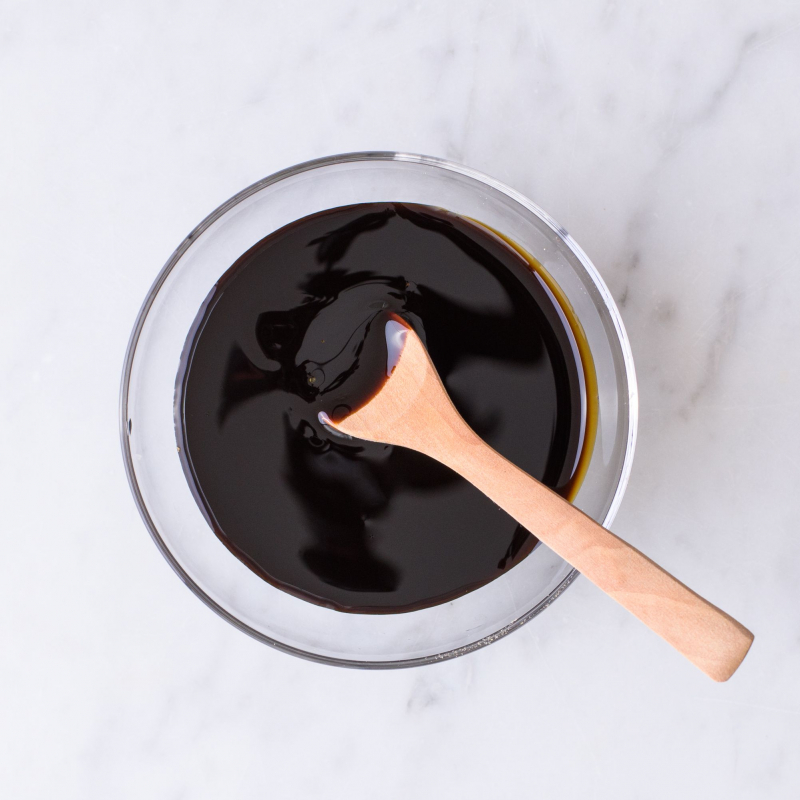
May help treat constipation in children 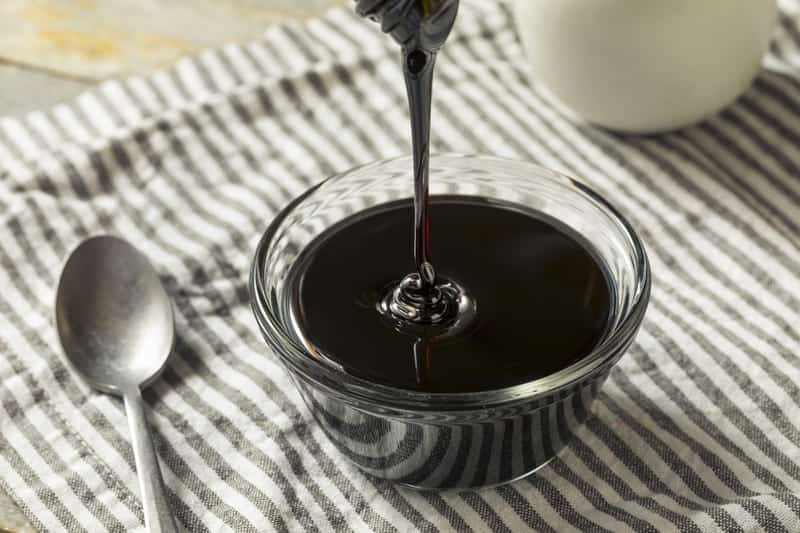
May help treat constipation in children -
Molasses has a lot of antioxidants. Antioxidants are substances that protect the body from free radicals, which are molecules that, in big quantities, can harm your cells. In turn, an excess of free radicals can cause oxidative stress and a variety of illnesses.
Molasses is particularly high in polyphenol antioxidants and presumably contains more polyphenols than other sugarcane products like juice and syrup. Polyphenol consumption has been linked to the prevention, delay, or reduction of the consequences of chronic diseases such as heart disease, diabetes, obesity, and cancer.
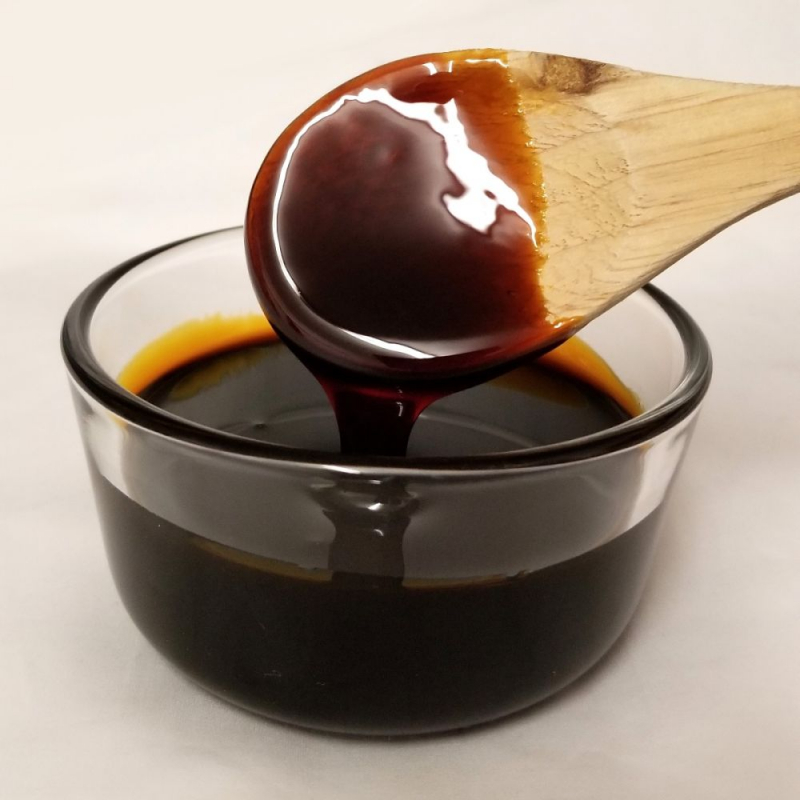
Rich in antioxidants 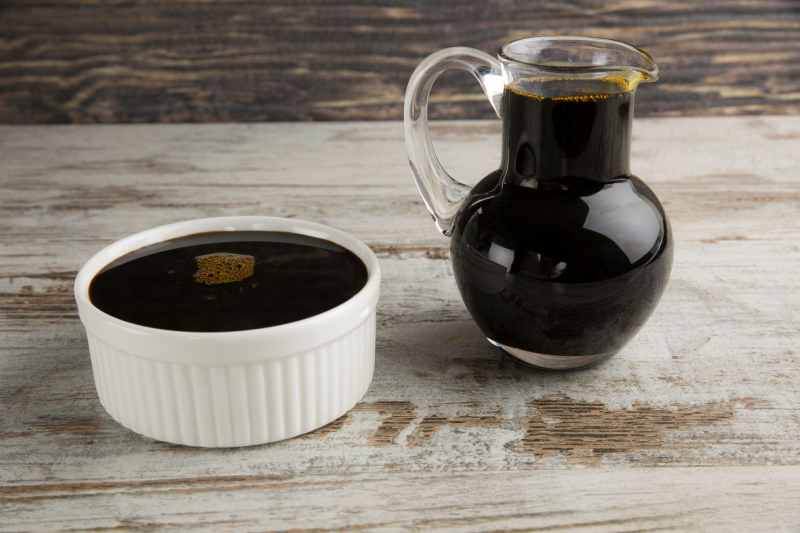
Rich in antioxidants -
Calcium is the most prevalent mineral in your body, accounting for the majority of your bone construction. Bones are continually being rebuilt, which necessitates the frequent release and reabsorption of calcium.
Poor calcium consumption, on the other hand, may result in bone mass loss over time, putting you at risk of osteoporosis – a condition that causes weak bones and increases the risk of fractures. Calcium supplementation, according to research, may lessen the risk of osteoporosis. Because a single tablespoon (15 mL) of blackstrap molasses contains 10% of the DV for this mineral, its use may benefit bone health.
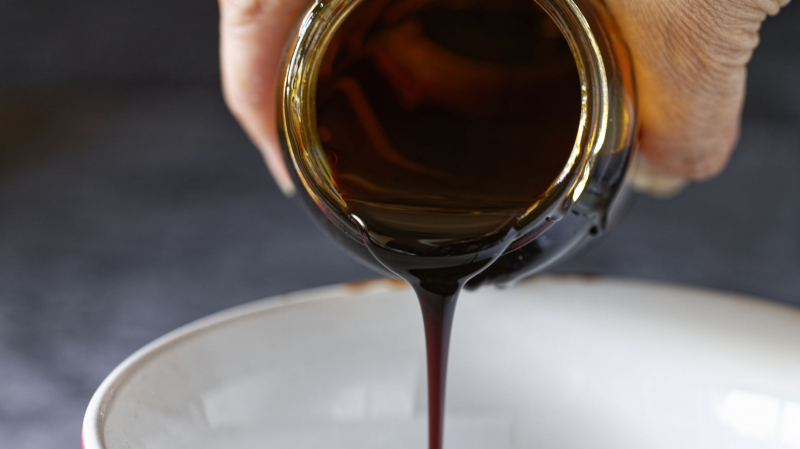
May promote bone health 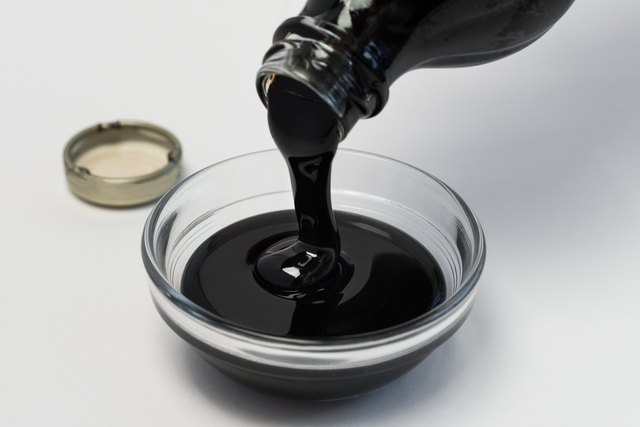
May promote bone health -
Blackstrap molasses' high iron concentration may encourage healthy hair. Hair loss is frequently related to vitamin and mineral shortages due to their roles in hair cell development and function, while data on the impact of iron itself is conflicting.
According to studies, iron insufficiency is widespread among women who experience hair loss. Iron supplements are frequently prescribed if you have this problem. Furthermore, iron deficiency may contribute to graying hair in childhood and early adulthood. As a result, supplementing with this mineral may help to reduce the indications of premature hair graying. Nonetheless, more study on blackstrap molasses is required.
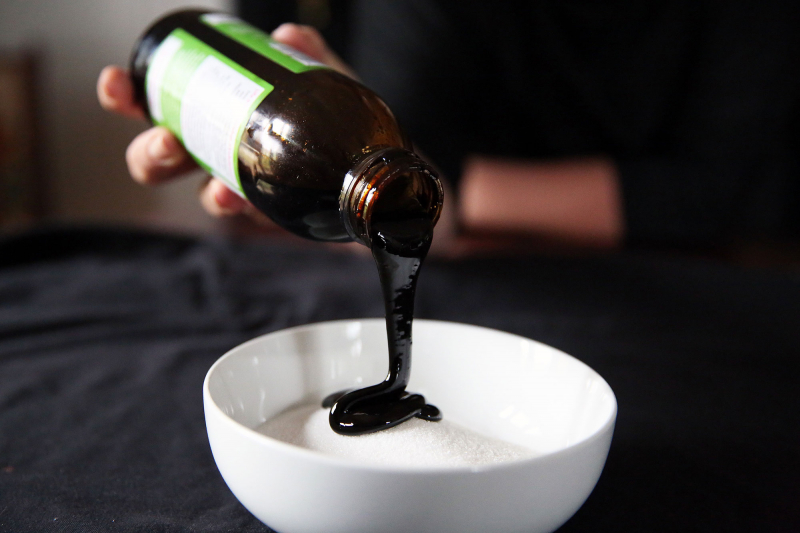
May boost hair health 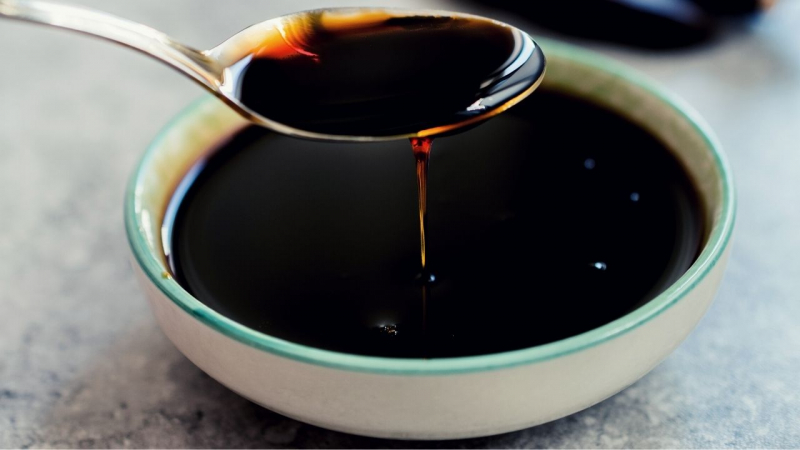
May boost hair health



















